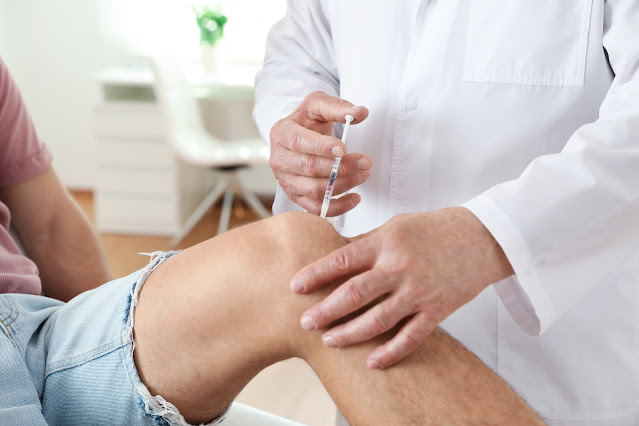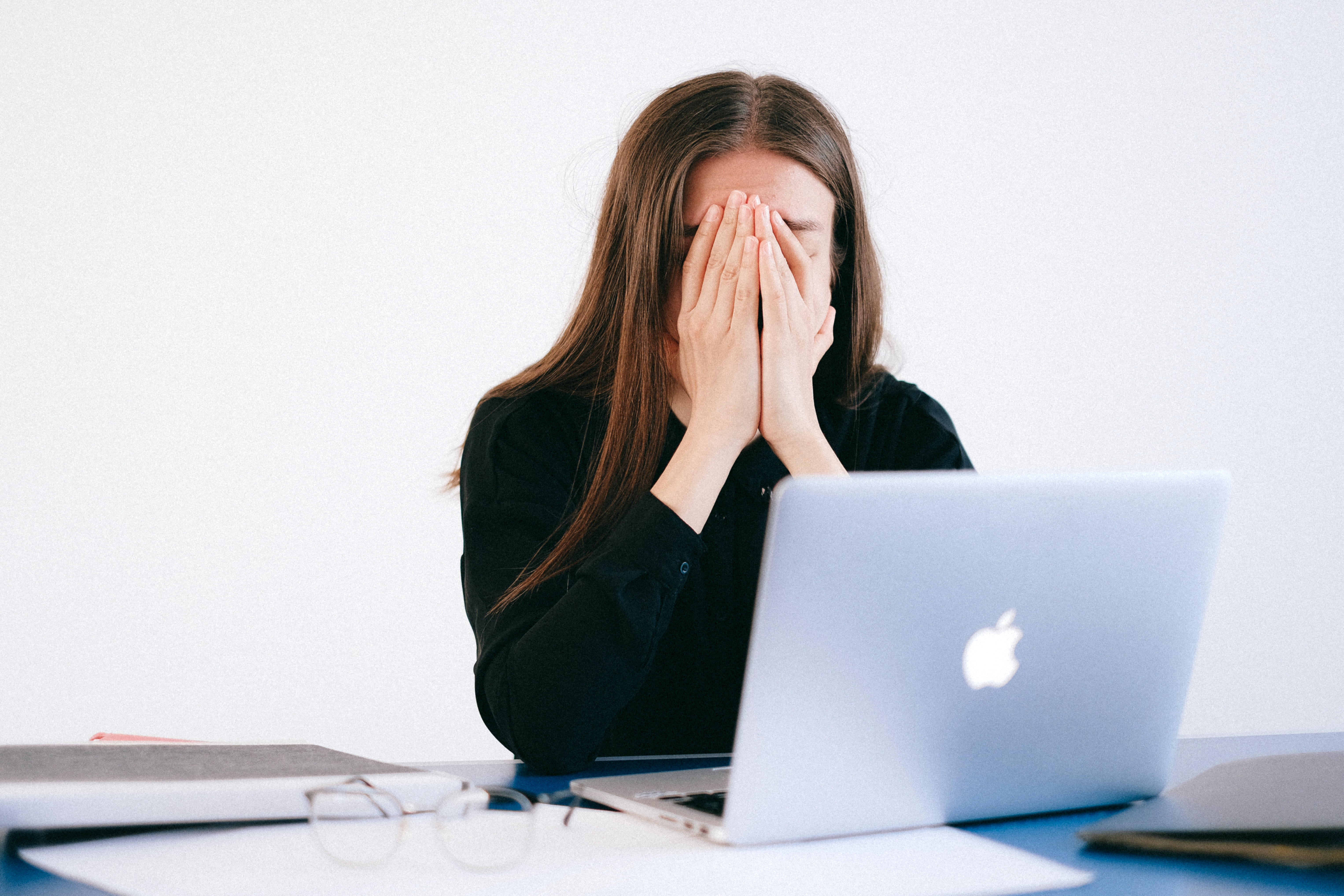Osteoarthritis, also referred to as degenerative joint disease (DJD), is a condition that causes the degradation of the cartilage and bone tissue that protects the joints. Osteoarthritis affects the joints of the legs, hips, hands and spine. The symptoms can vary from mild pain to severe disability.
Types of Osteoarthritis Pain Management Methods
There are many types of osteoarthritis pain treatment management methods. These can be non-pharmaceutical, pharmaceutical, complementary and alternative medicine, physical therapy and surgery.
Joint mobilization (range of motion exercises) that help with stiffness and improve blood flow to the joints. It also helps to increase flexibility in your joints so they aren't as stiff or painful when you move them around. This kind of exercise is helpful because it improves your overall strength while decreasing inflammation in your body which leads to less pain in your joints overall!

Osteoarthritis Symptoms
- Pain in the joints. This can occur at night when you lie down and as you get up in the morning, or throughout the day. The pain will be worse with activity, such as walking or doing household chores. You may feel better after rest but then have more difficulty moving again after a few minutes of rest.
- Swelling in the joints that doesn't go away within 24 hours (edema). Edema is most common around large weight-bearing joints such as your knees and ankles but can also occur in smaller joints such as those near fingers or toes. Stiffness in your neck, shoulders, hips and lower back that makes it hard for you to move freely. Warmth felt by others when they touch parts of your body affected by osteoarthritis.
There are many ways to treat osteoarthritis pain
There are many ways to treat osteoarthritis pain. You may be able to manage your symptoms with medication and physical therapy, but if your pain is severe or doesn't respond to these methods, surgery may be an option. If you're serious about relieving your osteoarthritis pain, consider lifestyle changes like exercise and weight loss as well.
- Medication: Medications can help reduce inflammation in the joints and make them feel better temporarily (though they don't have any effect on long-term progression). They include over-the-counter NSAIDs such as ibuprofen (Advil) or naproxen sodium (Aleve), which are available without a prescription; steroid injections into inflamed areas; oral corticosteroids like prednisone; etcetera.
- Physical therapy: Physical therapists will teach you exercises that strengthen muscles around affected joints in order to improve mobility without straining joints further or causing more damage . They'll also recommend modifications for everyday activities such as walking up stairs so they're easier to do without aggravating existing problems.
Conclusion
In conclusion, osteoarthritis is a painful disease that can affect your quality of life. If you are experiencing symptoms of this condition, it's important to see your doctor for diagnosis and osteoarthritis pain treatment options.
There are many different types of treatments available for managing pain from osteoarthritis such as medications (non-steroidal anti-inflammatory drugs), physical therapy exercises (hydrotherapy), acupuncture therapy (acupressure) or alternative medicine therapies like chiropractic care which may help relieve some symptoms related to stiffness in joints or muscles due to overuse injuries sustained during exercise activities such as running on hard surfaces indoors.
Source From : Innovative Approaches To Osteoarthritis Pain Treatment: What You Need To Know?

 Log in with Facebook
Log in with Facebook 








